Though not named as such, BDS tactics have been central to Israel’s anti-government protests. And the hypocrisy is not lost on Palestinians.
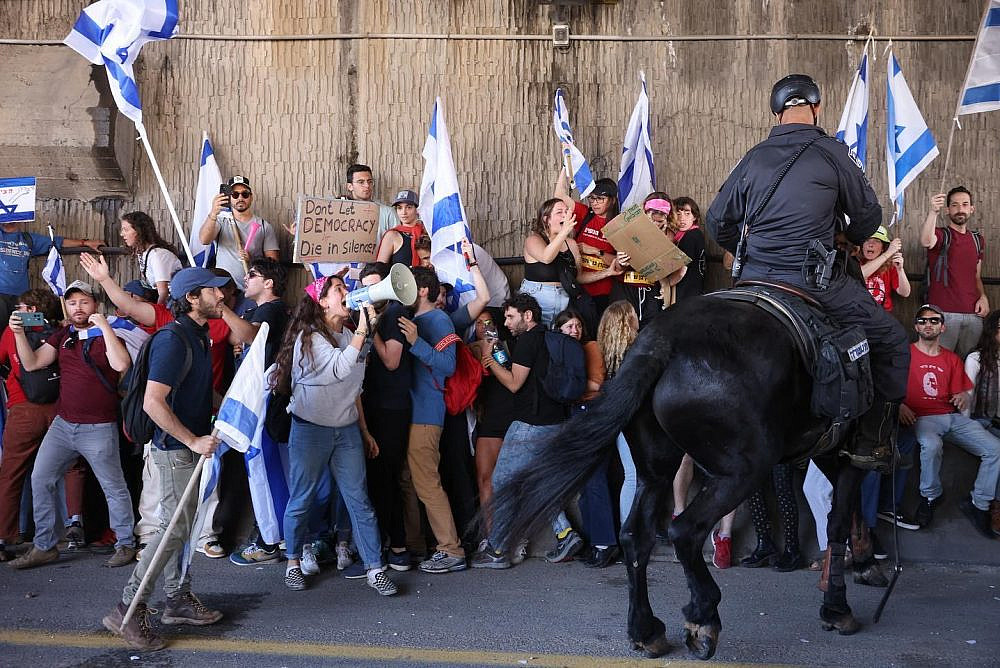
Israeli protesters clash with police on horseback while blocking Ayalon Highway during an anti-government demonstration, March 16, 2023. (Oren Ziv)
Amjad Iraqi, +972 Magazine, March 19, 2023
This article originally appeared in “The Landline,” +972’s weekly newsletter. Subscribe here.
It took only two months for Israelis to shatter one of their biggest political taboos in the fight against the far-right government. Riled by the coalition’s relentless power trip, Jewish opposition parties have pledged not to participate in the Knesset’s final votes on legislation aimed at overhauling the judiciary. Israeli diplomats and envoys are quitting their posts in protest. Army reservists are objecting to service en masse, affecting every unit from combat troops to the air force. Tech companies and venture capital firms are relocating abroad and transferring out hundreds of millions of dollars. Artists, writers, and intellectuals are calling on world leaders to shun meetings with senior Israeli officials, including the prime minister.
None of these groups will admit it, but this is, by all accounts, one of the most impressive BDS campaigns ever witnessed.
In the topsy-turvy Israel of today, boycotts, divestments, and sanctions — though not explicitly named as such — have become central strategies of the Israeli protest movement. Large swathes of society are not just distancing themselves from the government’s agenda, but are actively pursuing nationwide disruption and international intervention to stop it. The economy, security, and day-to-day life are all necessary sacrifices in the name of saving “democracy.” At this scale, the movement has gone beyond merely ending public complicity; it is, in effect, a civil revolt.
Ironically, these methods of civil resistance are being encouraged by figures who spent years undermining those who used them. Yair Lapid, the Knesset opposition leader and former prime minister, is continuing to call for mass demonstrations and strikes, and has urged municipalities not to cooperate with certain government ministry units, later describing such political expression as part of Israelis’ “deep democratic instinct.” This is the same Lapid who accused Israeli anti-occupation groups of “subversion” for exposing military abuses; oversaw the outlawing of Palestinian human rights NGOs as “terrorists”; and demanded American anti-BDS laws be used to punish the ice cream company Ben & Jerry’s for not selling products in illegal West Bank settlements, blasting the divestment as a “shameful surrender to antisemitism.”
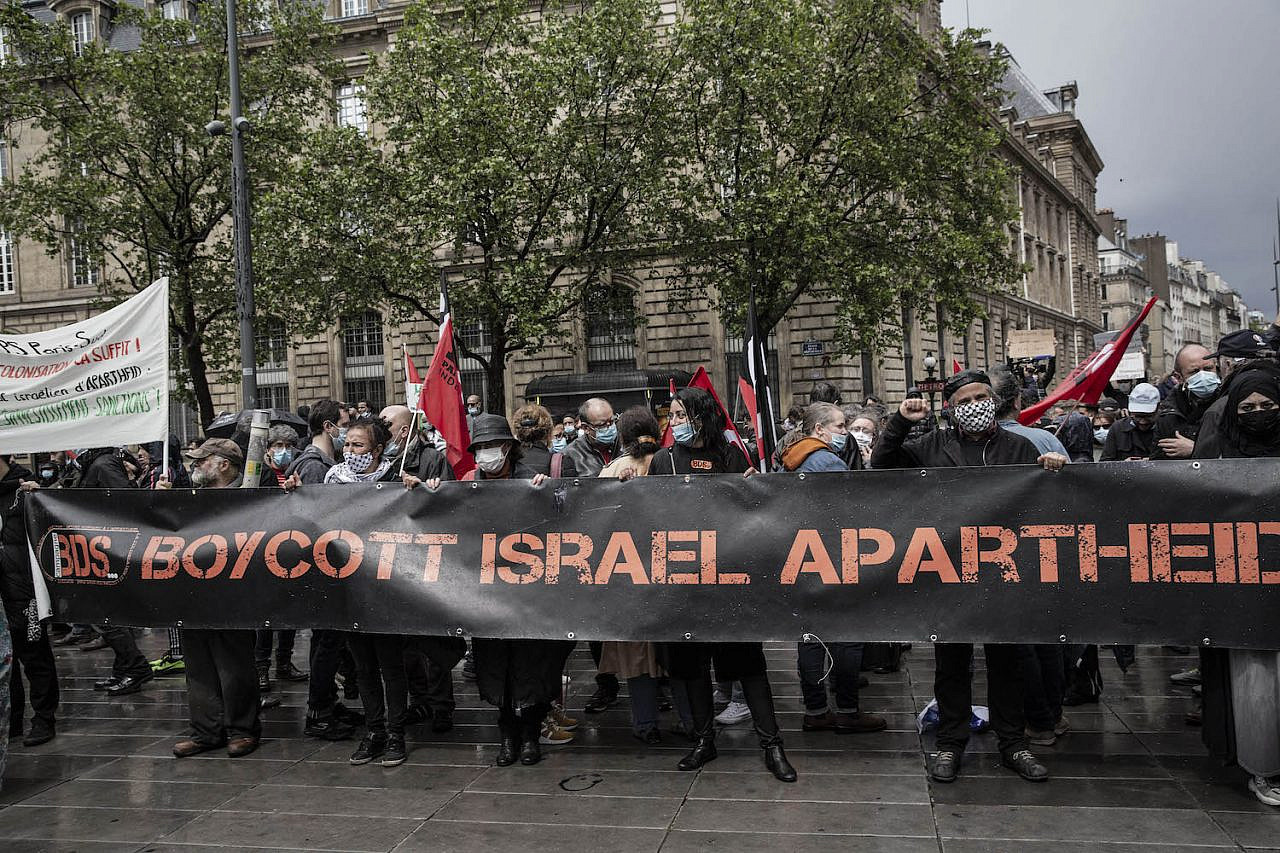
Activists carry a BDS banner during a protest calling for the liberation of Palestine and to protest the recent Israeli assault on Gaza, Paris, May 22, 2021. (Anne Paq/Activestills.org)
Israel’s own anti-boycott law, enacted in 2011, now technically hovers over all these new dissidents, enabling any citizen to sue the protesters for causing “financial or reputational harm” to the state and other entities under its control. The Israeli Supreme Court — the institution that the protest movement has been fighting so hard to defend — enthusiastically approved the anti-democratic law in 2015, calling boycotts a form of “political terror,” “bigoted, dishonest, and shameful,” and an attempt to “annihilate” the Jewish state. Israeli politicians, including from the center and center-left, saw the price tag on civil rights as necessary not just to stifle Palestinians, but to deter Jewish Israelis from boycotting the settlements. Now, if the right chooses so, the anti-government movement could be made to pay a literal price for its sedition.
‘We told you so’
The cognitive dissonance of this moment is not lost on Palestinians. In the two decades since the BDS movement was launched, Palestinians and their allies have been smeared, censored, and attacked for calling on citizens, companies, and governments to use nonviolent tactics to pressure Israel into ending its human rights abuses. Its demands, explicitly rooted in international law, are to achieve equality for Palestinians in Israel, end military rule in the occupied territories, and allow Palestinian refugees to return to their homeland — basic rights which, in any other country, would not be so controversial.
However, far from even respecting the right to challenge Israel, BDS has been aggressively denounced as “counterproductive” at best and “antisemitic” at worst. A slew of U.S. and European laws and policies are effectively criminalizing the movement and defining it as a form of racism. Even liberal American Jewish groups — some of whom entertain the idea of conditioning military aid to Israel, and last week called for revoking the visa of Israel’s finance minister — still adamantly insist that they neither support nor participate in the BDS movement.
That distancing is, in many ways, a cop out that reveals the hypocrisy and racism at the heart of the debate around BDS. It is perfectly reasonable, it seems, to shun Israeli officials, cut off financial ties, and disrupt public spaces when mainstream Jews call for it. But when Palestinians living under Israeli oppression demand the same, their calls are to be scrutinized, rejected, even punished. It is also telling that BDS tactics are currently being legitimized in the name of helping Jewish Israelis protect a status quo ante in which racial supremacy and military occupation were the norm, albeit wrapped in more democratic clothing; using BDS in the name of equality, freedom, and justice for Palestinians, though, is an existential threat.
The speed at which many abroad are suddenly embracing harsher language and policy ideas against the Israeli government, including members of the U.S. Congress, shows how even well-intentioned groups are still acting as gatekeepers to what Palestinians are allowed to say, do, and have. The discrediting of Palestinian voices, the conditioning of their rights on Israeli diktats, and the refusal to hold the “only Jewish state” accountable to international law, is precisely what has bought Israel the time and impunity to arrive at its latest fascistic stage.
It is therefore very tempting for Palestinians to tell the world “we told you so.” But for now, in the hope that this moment may serve as a lesson, perhaps it is best to simply say to all of Israel’s new BDS activists: welcome.
Amjad Iraqi is a senior editor at +972 Magazine. He is also a policy analyst at the think tank Al-Shabaka, and was previously an advocacy coordinator at the legal center Adalah. In addition to +972, his writings have appeared in the London Review of Books, The Nation, The Guardian, and Le Monde Diplomatique, among others. He is a Palestinian citizen of Israel, based in Haifa.
We are in an unprecedented and dangerous era in Israel-Palestine. The Israeli extreme right government has made its plans crystal clear. It wants carte blanche to shoot-to-kill Palestinians on both sides of the Green Line, legalize every settlement outpost, dismantle the independence of the judicial system, deport African asylum seekers, delegitimize human rights activists, and silence the free press.
This is an escalation we all should resist. But it is not an aberration or a bug.
For the past 12 years, we at +972 have been warning against the poisonous outcomes of Israeli society’s growing racism, the entrenched occupation, and an increasingly normalized siege on Gaza.
Our work has never been more crucial. And as dark as it seems, there are still glimmers of hope. The popularity of outright fascism has woken people up, both in Israel-Palestine and across the world, to the dangerous repercussions of what may soon come. Palestinians and Israelis who believe in a just future are already organizing and strategizing to put up the fight of their lives.
Can we count on your support?
+972 Magazine is the leading media voice of this movement, a place where Palestinian and Israeli journalists and activists can tell their stories without censorship. Our journalism disrupts the skewed mainstream coverage and aims to promote justice and equality for everyone between the river and the sea.
Fediverse Reactions
by
Tags:
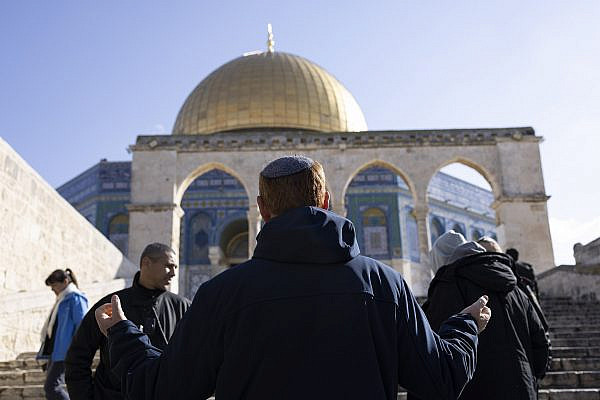
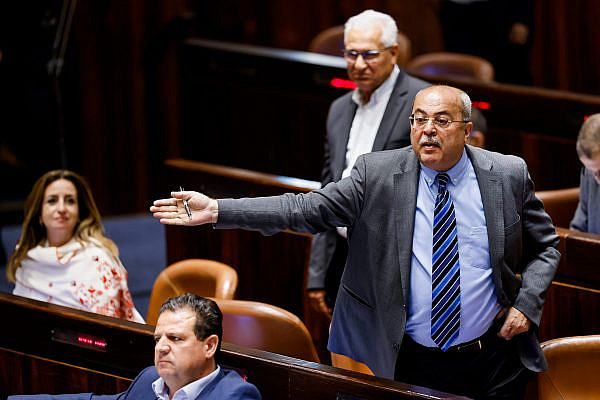
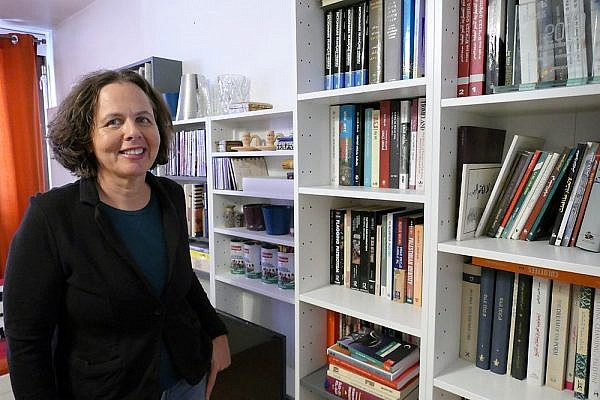

Leave a Reply
You must be logged in to post a comment.